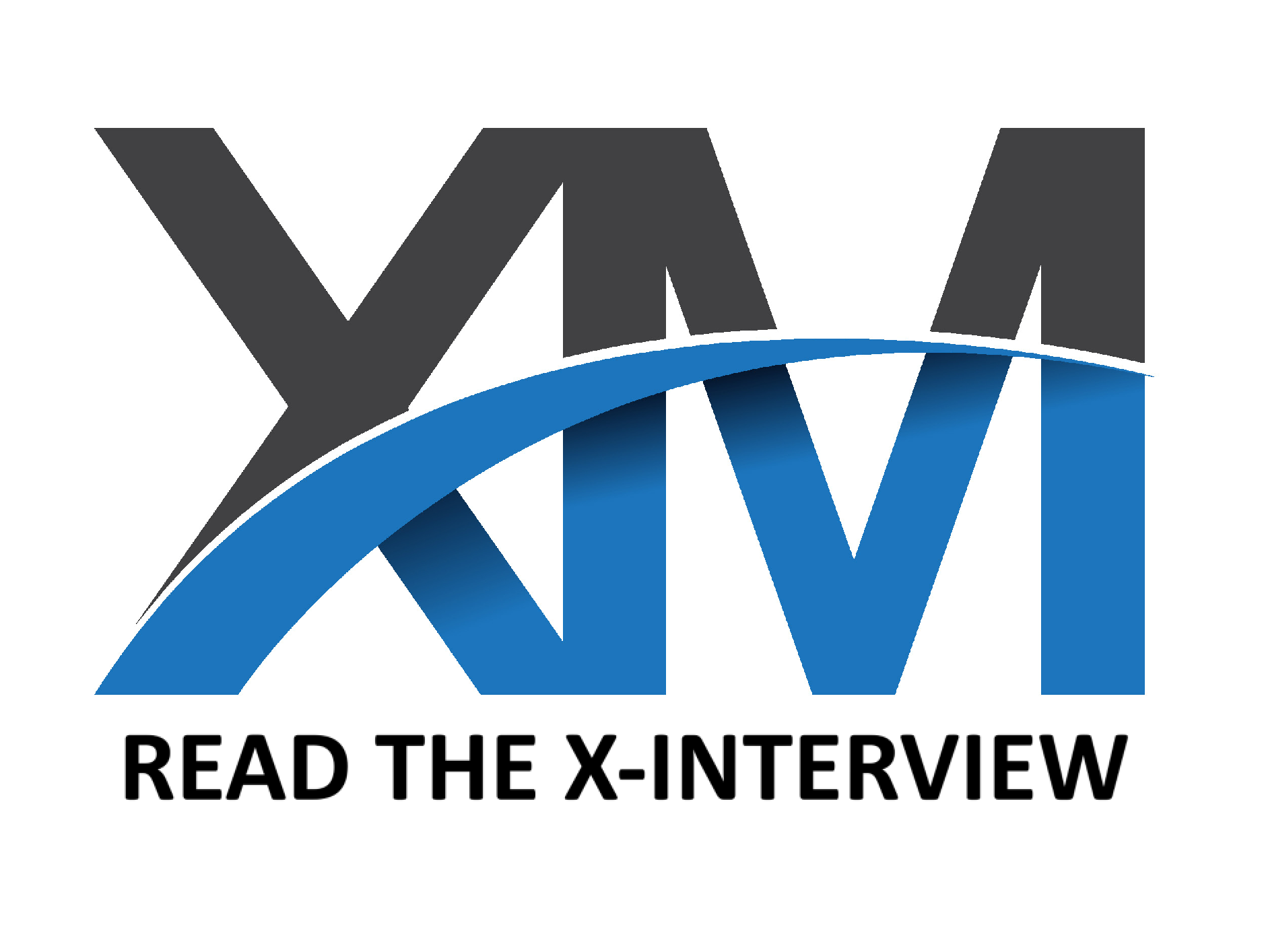Maxed out Innovation
Katrina Alcorn is a Chief Design Officer and formerly GM of Design at IBM, where she led a global practice of 3,000 designers who created award-winning products, services, and experiences powered by AI for customers across various domains and industries.
Katrina is also the author of Maxed Out: American Moms on the Brink. Winner of a Foreword IndieFab Book of the Year Award. Ultimately, Katrina offers readers a vision for a healthier, happier, and more productive way to live and work.
“ What you can’t outsource is the love.”
The big picture here is AI could take out a lot of the stuff that we do that's not very meaningful. It could take out a lot of the boring, repetitive stuff. It could make up for our human weaknesses.
You know, AI is incredibly good at crunching data, and it never needs a bathroom break. So, there's a lot that AI can do that is complementary to what we do.
And it also can be a source of creative collaboration. And all of this means there's potential. It doesn't mean we're going to get there. Rather, it means there’s potential for AI to free up our time for more meaningful pursuits.
Having an agent plan out my kids’ camp schedules in the summer, three kids, three different ages, that would have been incredible. Like the amount of time that I put into coordinating with other moms and researching. To your point, yes, there is a lot that we could outsource, absolutely.
Field trips with the kids – that's a great example of something I would not want to outsource. That was precious time and I look back on it fondly. I wish I’d had more of it.
So, you know, it's hard to say what will happen with AI. Is it going to give us other things to do like the internet did? I think the question we should be asking ourselves is what kind of lives do we want to live and where do we get meaning from our lives? There are some things you can outsource and there's some things you don't ever want to outsource. What you can't outsource is the love. And love takes time, and it should, you know.
“ you need humans in the loop.”
One of the phrases that's going around a lot, “We still need humans in the loop.” It may mean that we need fewer developers. The same thing could be said of writers and designers. Which is scary to say, as a writer and designer.
I've already started using ChatGPT. When I have an e-mail that I don't want to write and I'm dreading it. ChatGPT takes out the fear of the first draft. I just say, Here's my notes. Here's what I'm trying to get across ChatGPT, and it does a first draft. I've never just used a ChatGPT first draft, but it gives me a starting point and then the whole process just feels easier, and it goes faster.
So, any kind of first draft essays, presentations, website design. And it's like AI is going to be our partner in these things.
And then there's the generative AI design I was talking about where the human sets a parameter and then the machine comes up with ideas beyond our wildest imagination that we can then develop further.
In all these examples, I think AI is our collaborator. In some cases, it may be critiquing our work to make it better. It can be used to help us be more accurate.
But there's still a human involved.
“ We're not just using the output of AI; we're also designing how it works.”
I think designers will be asked to take on higher levels of abstraction and complexity because we're designing AI systems.
And I think it's going to call on designers to bring a higher level of ethics to our work than we've ever had before.
We’re going to need to become experts in data and understanding how it can be used and how it can be misused.
And we're going to need to help our teams think through the ethical implications of what we're doing.
And that's new. That's a big change for our profession.


